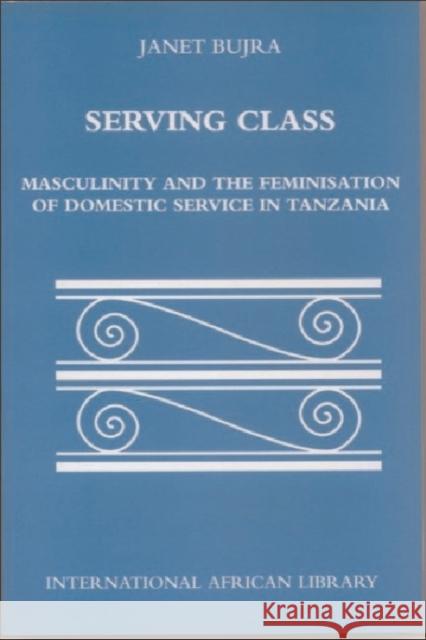Serving Class: Masculinity and the Feminisation of Domestic Service in Tanzania » książka
Serving Class: Masculinity and the Feminisation of Domestic Service in Tanzania
ISBN-13: 9780748614844 / Angielski / Miękka / 2000 / 288 str.
This is a book about contradictions. About the men who are better at housework than women and still retain their view of themselves as real men.In colonial Tanganyika, when housework for some was transformed into wage labour for others, the only available labour force was predominantly male, so men became domestic servants, even nursemaids to babies. Even today men are preferred over women as servants.Paradoxically, these were also militant domestics, in an occupation usually characterised by passivity and inability to organise. A wave of strikes involving domestic workers swept East Africa in the 1950s-60s. Given this unusual militancy, why did domestic servants become so politically passive after independence? And equally contradictory: how did an institution so sharply expressing class differences persist in a period when the Tanzanian state was proclaiming 'socialism' and the end of class exploitations?Exploring the institution of domestic service, this book discloses processes of postcoloni











